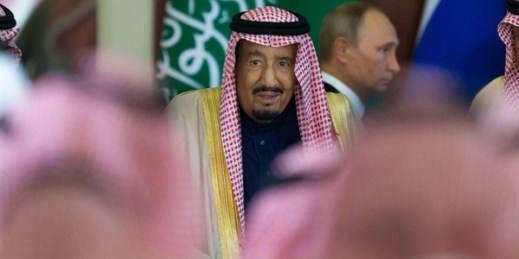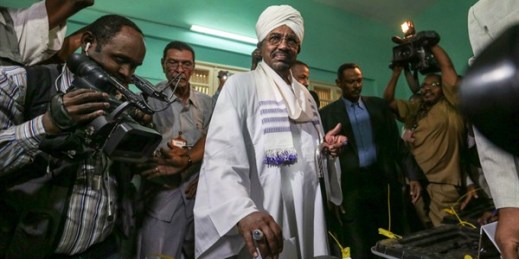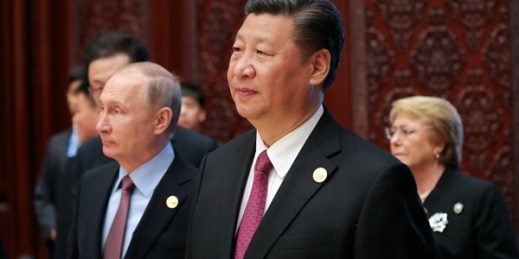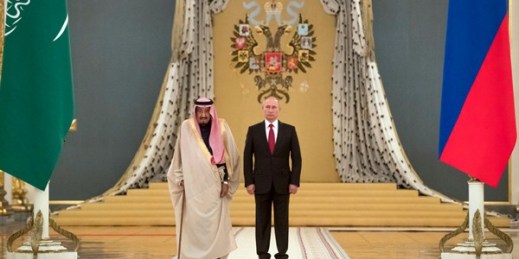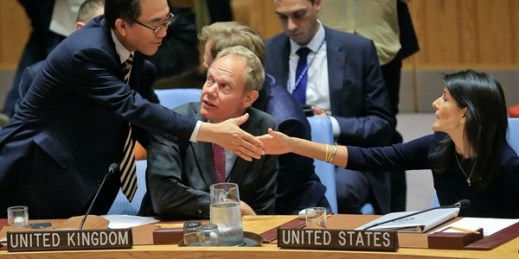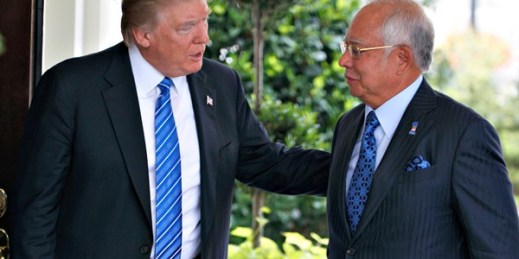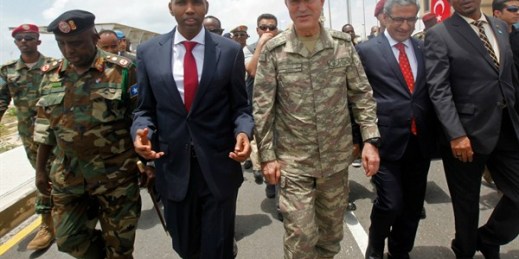
For centuries, outside powers have clashed in Africa, often exploiting weaknesses or divisions across the continent to grasp at power and resources. The second half of the 19th century, for instance, saw the “scramble for Africa” as European nations divided nearly all of the continent into colonies. Several times competition between colonial powers nearly led to war in Europe. In the second half of the 20th century, during the Cold War, Africa was torn as Western nations—first the outgoing European colonizers and later the United States—supported friendly governments and political movements against allies of the Soviet Union, China and Cuba. […]


